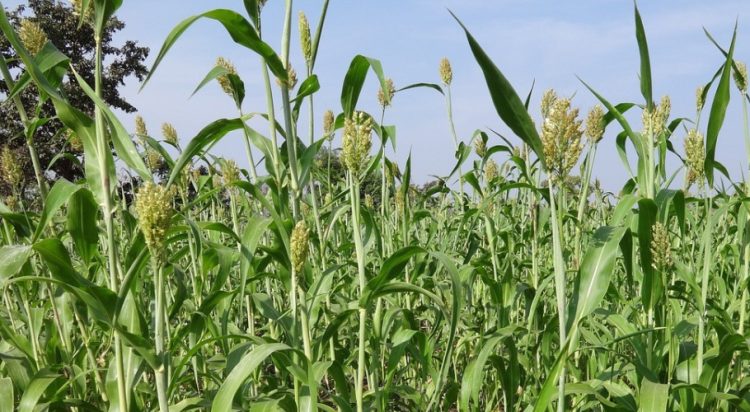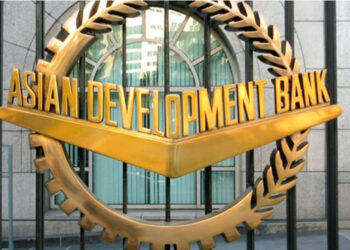The Planning Commission has acknowledged that policy decisions and government initiatives at the federal and provincial levels have resulted in a significant decline of 13.5 percent in the production of major crops during this fiscal year, which could lead to an increase in food imports next year and pressure on the precious foreign exchange.
According to a report published in the local newspaper, in the working paper prepared for the federal budget 2025-26, the Planning Commission also blamed the poor performance of the agriculture sector for the lower-than-target growth rate in the gross domestic product (GDP).
The commission has admitted that ‘GDP growth rate for the financial year 2024-25 was 2.7 percent, which is lower than the target of 3.6 percent and this is mainly due to a severe contraction in the key commodity producing sectors, including a 13.5 percent decline in the production of key crops. The reasons for this decline include unfavorable weather conditions, low rainfall, increased cost of production, and policy changes.
Last year, the government had announced an attractive minimum support price (MSP) for wheat, however, later the Punjab government withdrew its support to the farmers, leaving the farmers at the mercy of market intermediaries and unorganized forces. Later, the federal government decided to end intervention in the commodity market and not implement the minimum support prices under negotiations with the IMF.
The Planning Commission pointed out that these policy changes, along with the prolonged subsidy on fertilizers, have also added to the hardships of farmers, further increasing the cost of production and challenges in agriculture.
The Planning Commission has acknowledged that the crop sector witnessed a mixed trend during the financial year 2024-25, according to the report, ‘the production of major crops declined by 13.5% while other crops recorded a growth of 4.8%, cotton production by 30.7%, maize by 15.4%, sugarcane production by 3.9%, rice by 1.4% and wheat production by 8.9%.
The commission said that these results could not have been expected to be different, the per acre yield of sugarcane and rice declined, although the cultivated area increased marginally due to uncertain weather conditions or production difficulties during the crop period.
The commission warned that these figures indicate a decline in overall production and the need for better policy support and climate-resilient agricultural techniques.




































